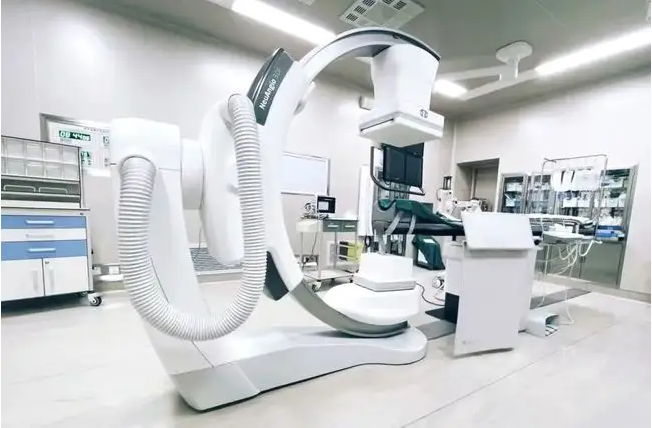
Bearings play a crucial role in various medical equipment. It is crucial to find bearings that meet the specific design requirements of equipment, from X-ray machines and oxygen compressors to small handheld surgical instruments.
Each application has its own design challenges, but there are some standards that typically play an important role in the selection of bearings for medical equipment. The following are some key factors that play an important role in helping determine suitable bearings for medical applications
There are several different factors that can affect your selection of bearing materials. Surgical tools and other equipment are often exposed to body fluids, irritating chemicals, and other substances that may cause corrosion or other problems. Stainless steel, ceramics, and plastics all have higher corrosion resistance than other materials, allowing you to extend the lifespan of parts and maintain a clean environment.
Some devices may also require parts that can withstand high temperatures. For example, high-pressure sterilized bearings need to withstand the heat exposure time used to disinfect surgical tools and other equipment. Some environments may also require protective covers and seals to help protect parts from contamination. The design of each component needs to consider your environment and function, so the material you choose will directly affect the success and service life of the bearings.

 English
English
